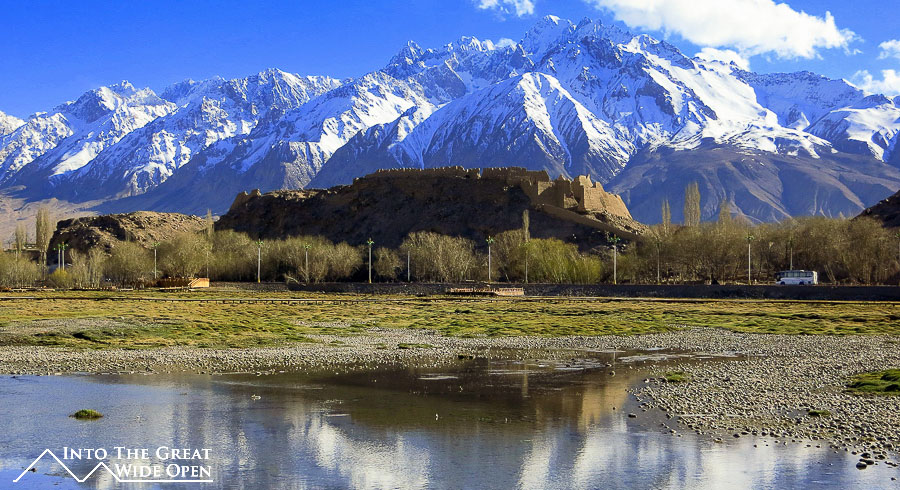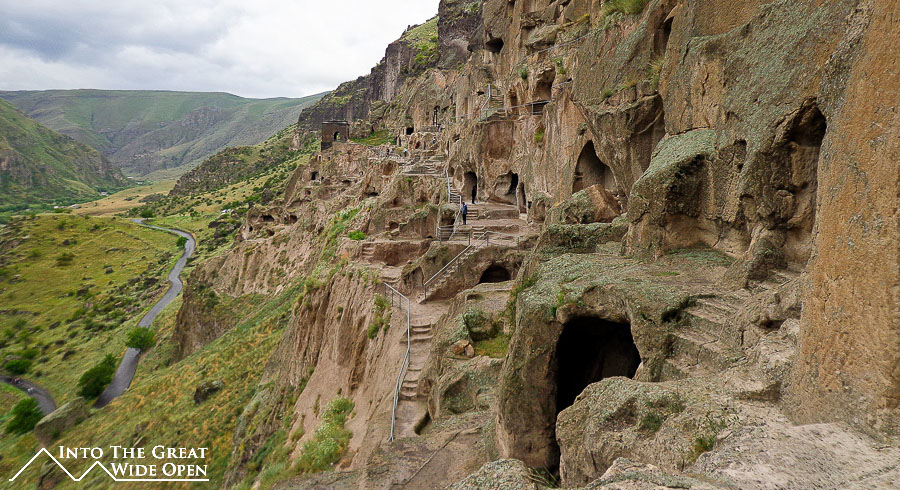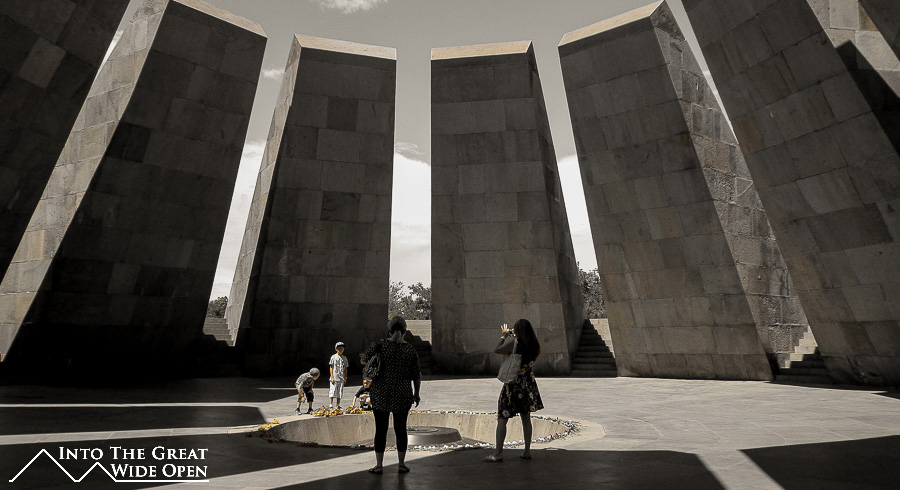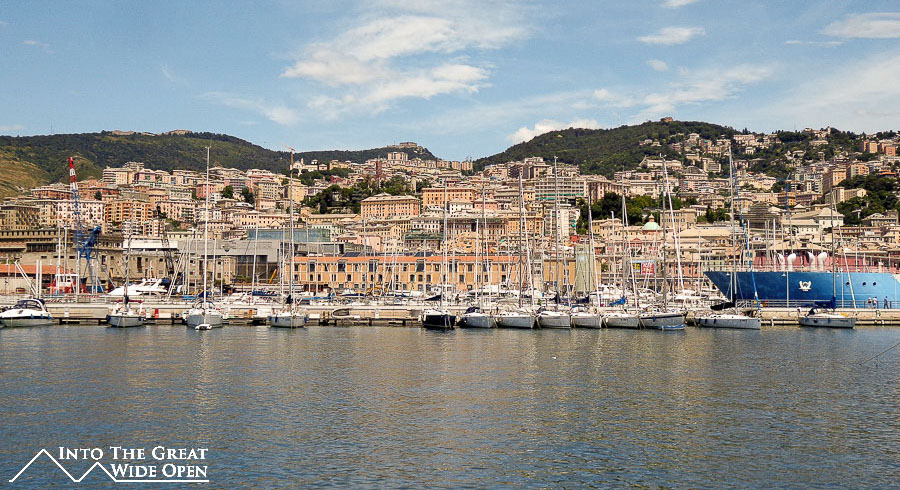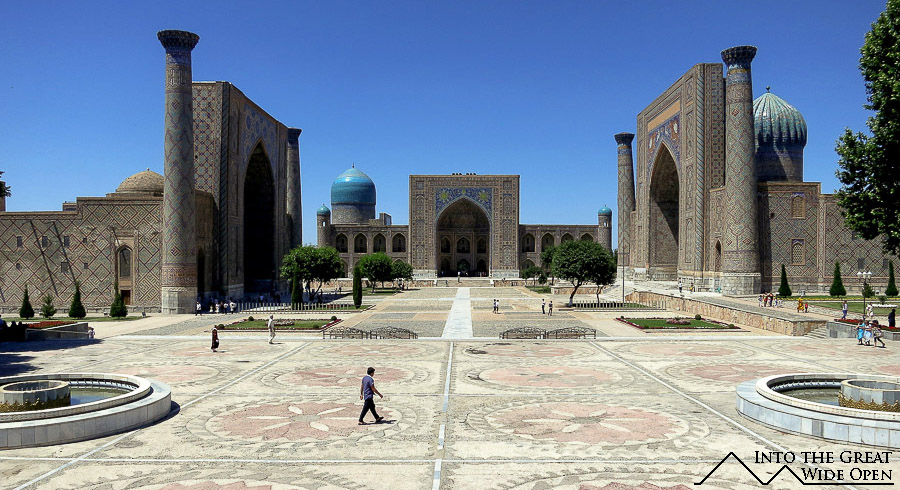Into the Great Wide Open
Looking out at the road rushing under my wheels
Looking back at the years gone by like so many summer fields
In sixty-five I was seventeen and running up one-o-one
I don't know where I'm running now, I'm just running on
- Jackson Browne
The blank areas on the map will probably always have a certain appeal to me. Despite the fact that nearly the entire planet has been mapped and explored there are still large stretches of which collectively we know little about. Perhaps it is a combination of our own relative ignorance, an increasingly narrow media focus, and the insular nature of many societies, especially the United States. However, those obscure areas are not devoid of life and culture but, to the contrary, are replete with their own unique cultures that have adapted to and are nurtured by the surrounding environment.
The idea to explore these areas, see and experience their intricacies, and uncover the regional history that is usually well-documented among the local population has always struck me as a great opportunity. The isolated nature of many of these places helps them retain a sort of timelessness that sets them apart as vestiges of a past era when the world was not nearly as interconnected. Despite their relative isolation, it is these very places that are the most susceptible to change; change that can not only benefit the lives of many but also gradually erode the long-standing traditions and individuality that are present.
When I had several months of freedom before beginning my MBA studies in Spain I jumped at the chance to explore Central Asia, one of the least visited, relatively overlooked, and unknown regions. Even though the Silk Road is probably the most famous historical trade route, its present day path has become overgrown and ignored with the prevalence of faster modes of transport. Airplanes now carry us across continents and oceans while we sleep, direct to our destinations, negating the need to traverse by land the numerous borders and thousands of miles of inhospitable terrain. However, the advent of aviation hasn't diminished the vibrancy of the Silk Road. Many people still live amidst the historical buildings in ancient cities that have served as homes for their ancestors for hundreds, if not thousands of years. In those years the region passed from one empire to the next, Ancient Chinese, Mongol, and Russian, to name a few. The constant struggle and traffic between east and west have helped create a region that is truly unique.
After I found a cheap one way flight to China, I had three and half months to make my way to Spain overland. The journey would take me thousands of miles into the great wide open, those blank spaces on the map with their unwritten stories, intrigue, and limitless possibilities, and then back to a world which was vaguely familiar yet altogether different from the United States in its own ways. What I accomplished in three and half months used to be done in years; and looking back, I wish I had had that much time.
Select an entry to view photos and stories from this journey:
 ChicagoApril 12, 2012 |
 Los AngelesApril 18, 2012 |
 ShanghaiApril 22, 2012 |
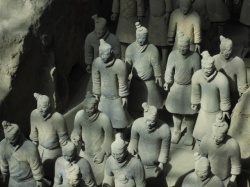 XianApril 26, 2012 |
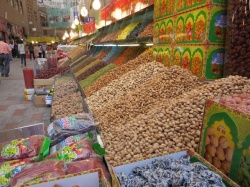 UrumqiApril 29, 2012 |
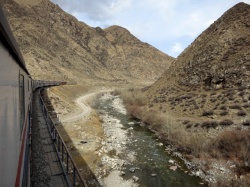 AksuMay 1, 2012 |
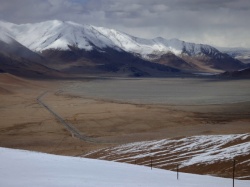 Karakorum HighwayMay 3, 2012 |
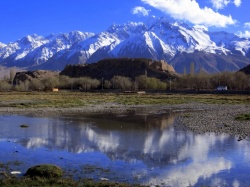 TashkorganMay 4, 2012 |
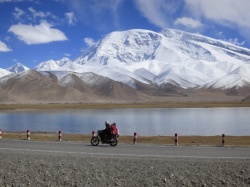 KarakulMay 5, 2012 |
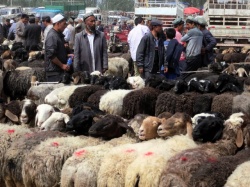 KashgarMay 6, 2012 |
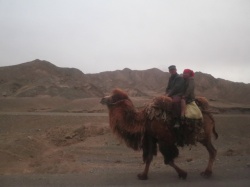 Sary TashMay 7, 2012 |
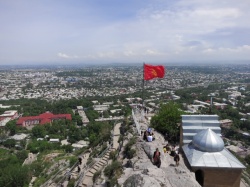 OshMay 8, 2012 |
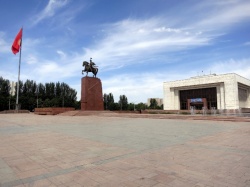 BishkekMay 12, 2012 |
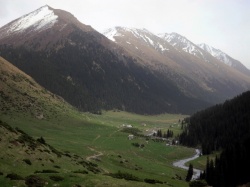 KarakolMay 16, 2012 |
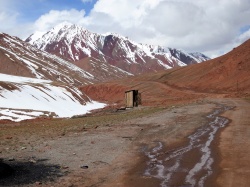 MurgabMay 19, 2012 |
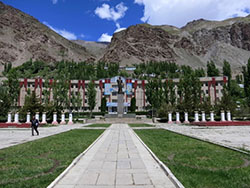 KhorogMay 22, 2012 |
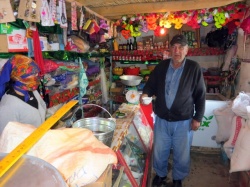 LangarMay 25, 2012 |
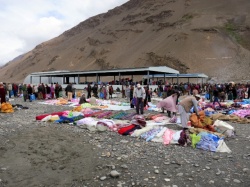 IshkashimMay 27, 2012 |
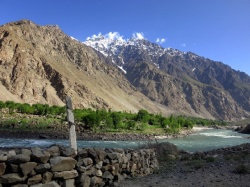 KulyabMay 28, 2012 |
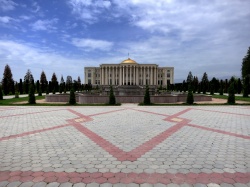 DushanbeMay 30, 2012 |
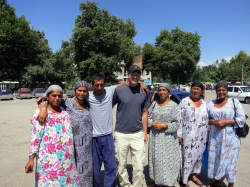 SarisoyoMay 31, 2012 |
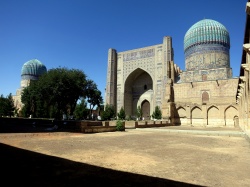 SamarkandJune 3, 2012 |
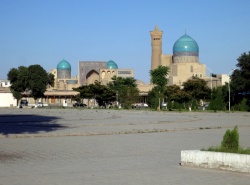 BukharaJune 5, 2012 |
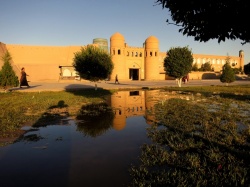 KhivaJune 7, 2012 |
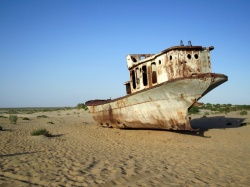 MuynoqJune 9, 2012 |
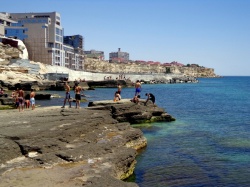 AktauJune 14, 2012 |
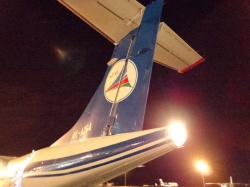 BakuJune 15, 2012 |
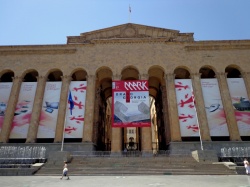 TbilisiJune 18, 2012 |
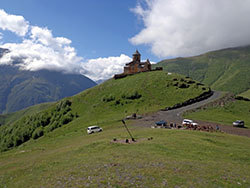 KazbegiJune 20, 2012 |
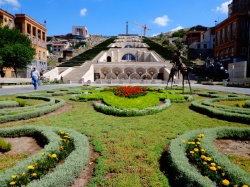 YerevanJune 23, 2012 |
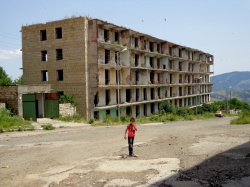 StepanakertJune 27, 2012 |
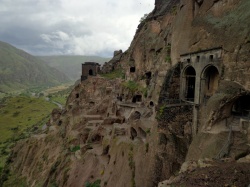 AkhaltsikheJune 29, 2012 |
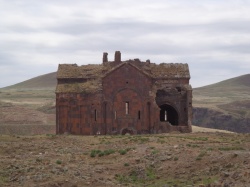 KarsJuly 1, 2012 |
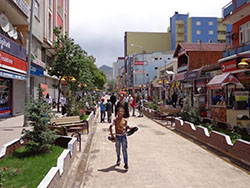 VanJuly 3, 2012 |
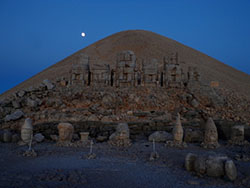 MalatyaJuly 5, 2012 |
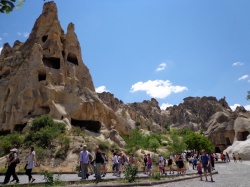 GoremeJuly 8, 2012 |
 IstanbulJuly 12, 2012 |
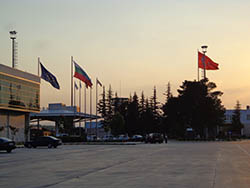 Kapitan AndreevoJuly 13, 2012 |
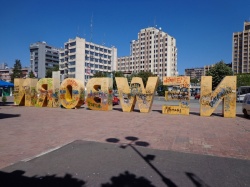 PrizrenJuly 14, 2012 |
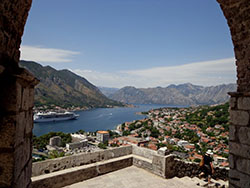 KotorJuly 16, 2012 |
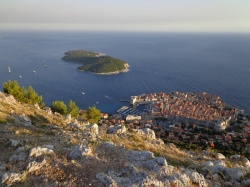 DubrovnikJuly 18, 2012 |
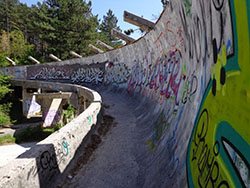 SarajevoJuly 20, 2012 |
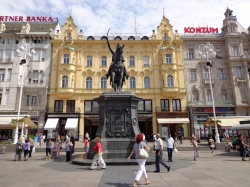 ZagrebJuly 21, 2012 |
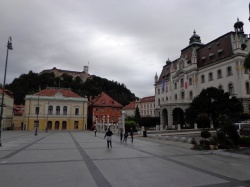 LjubljanaJuly 22, 2012 |
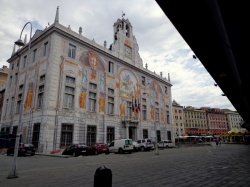 GenoaJuly 24, 2012 |
 BarcelonaAugust 1, 2012 |
